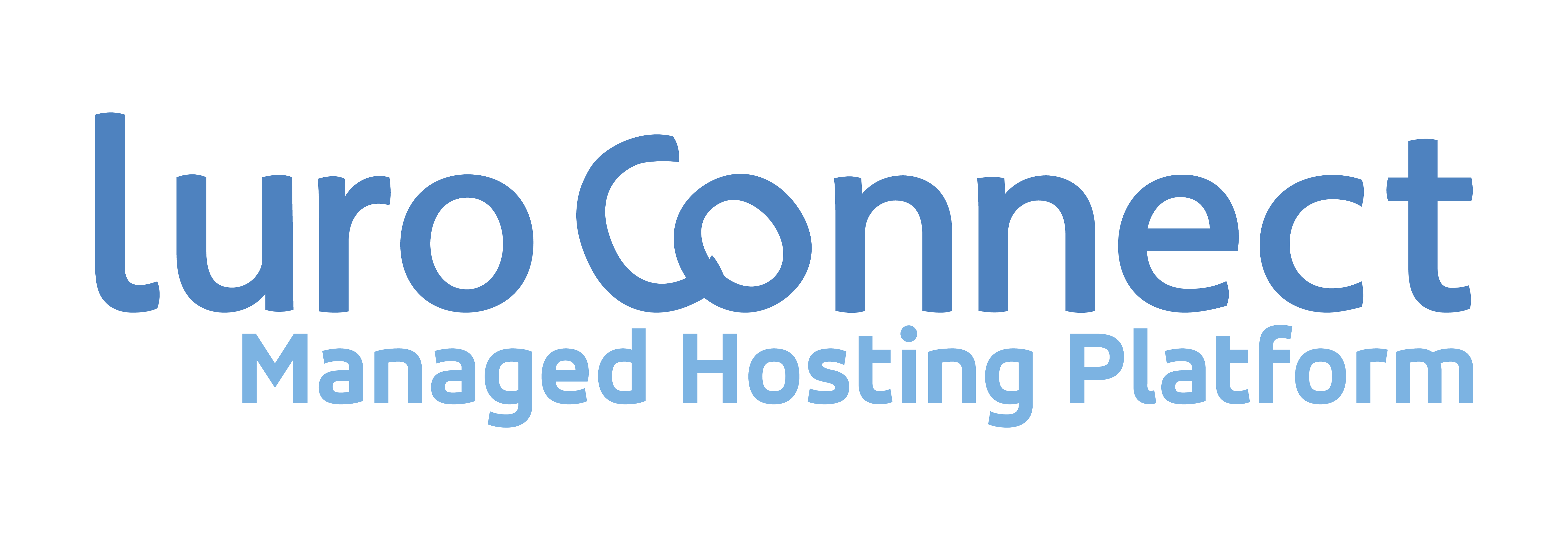12 factor app and Magento
Adam Wiggins’ 12 factor app (https://12factor.net) is a highly respected standard for web apps. While written with SaaS applications in mind, let us explore and see how Magento and the ecosystem stands up to these factors.
1. Codebase. One codebase tracked in revision control, many deploys.
Magento is in git and hence a typical Magento project should not have a problem with this.
However, if you use vue-storefront, a popular PWA frontend to Magento, this is broken. Vue-storefront has 2 repos of its own in addition to the Magento repo, all becoming one app.
Another violation happens when a plugin vendor gets ssh access to your live server to fix a plugin issue. Plugin vendors have a serious problem integrating their code into multiple source bases without Magento supporting a versioned plugin architecture out-of-the-box.
2. Dependencies. Explicitly declare and isolate dependencies.
With composer Magento solves this problem.
Violation of plugins is a case in point – many plugins are installed not as composer dependencies. Instead they make it to the merchant repo.
Magento uses php and typical websites are deployed using php-fpm. One may argue that the php-fpm plugins that Magento depends on are not explicitly declared. Leading to the application not working exactly in 2 environments. Another case in point is dependency on php version.
3. Config. Store config in the environment.
12 factor app requires environment variables to be used. Magento has split application and environment configuration between config.php and env.php.
Here is what 12 factor says.
“Another approach to config is the use of config files which are not checked into revision control, such as config/database.yml in Rails. This is a huge improvement over using constants which are checked into the code repo, but still has weaknesses: it’s easy to mistakenly check in a config file to the repo; there is a tendency for config files to be scattered about in different places and different formats, making it hard to see and manage all the config in one place. Further, these formats tend to be language- or framework-specific.”
However, Magento has worked towards this. Specifically, with bin/magento config:set and bin/magento config:sensitive:set commands are a useful way for hosting providers to be 12 factor compliant.
4. Backing services. Treat backing services as attached resources.
“Resources can be attached to and detached from deploys at will.”
While Magento is very good at storing key connections outside the application and database, violations exist in 3rdparty plugins. To “ease” the deployment most store credentials and connectivity details in the database. Another issue is with SMTP plugins, instead of depending on magento’s default use of localhost and let postfix configuration manage the actual email sending, developers see the convenience of storing this information in the database.
5. Build, release, run. Separate build and run stages.
Magento has been improving the code deployment process. The setup upgrade is the only command that, if needed, requires the site under maintenance.
6. Processes. Execute the app as one or more stateless processes.
Twelve-factor processes are stateless and share-nothing. Any data that needs to persist must be stored in a stateful backing service, typically a database.
Magento is very good on this count if used with nginx and php-fpm.
7. Port binding. Export services as port binding.
“PHP apps might run as a module inside Apache HTTPD” is flagged as a violation if the apache is also used as a webserver.
nginx + php-fpm gives the best isolation and performance of any stack. Php processes can be independently controlled in a server running php-fpm while nginx can be used for routing and handling web requests, terminating SSL, etc.
8. Concurrency. Scale out via a process model.
Magento is very good at this. Aided by php-fpm process model that complies with the 12 factor app, it is possible to build a cluster to handle only checkout urls for example, with routing handled by an application load balancer such as nginx.
9. Disposability. Maximize robustness with fast startup and graceful shutdown.
While Magento and php are good at this, some notes are in order.
A reload of php-fpm by default will kill all php processes even though they may be executing a request. Ensuring no new traffic is coming to the php-fpm, and waiting for draining by checking the status for number of active processes (with a timeout ofcourse) will ensure gracefulness in shutdown.
In order to ensure robustness against sudden death of the php-fpm process, it is best to keep the queue length (listen.backlog) to a small number. Turns out managing the queue to scaleout helps in application performance as well.
10. Dev/prod parity. Keep development, staging, and production as similar as possible.
The 12 factor app describes 3 gaps – time, personnel and tools. Based on our experience, the personnel gap is eliminated by automation. A commit trigger based automated CI/CD pipeline with an automated deploy to staging and production ensures there is no personnel gap.
A development environment with write access to git can be created with a similar infrastructure to help developers debug issues.
11. Logs. Treat logs as event streams.
Magento allows creation of multiple log files. Modern logging such as monolog allows more control of what is and what isn’t logged. Logs are also generated by nginx, php-fpm and other services used.
Streaming logs for querying and analysis is typically done by your hosting provider.
12. Admin processes. Run admin/management tasks as one-off processes.
Magento supports cron and rabbitmq based processes. In addition, setup upgrade is also used to change the state of the database during deployment.
However, suggested access to developer for “run arbitrary code or inspect the app’s models against the live database” is not recommended by luroConnect due to security and the risks of the application stability with the state being altered arbitrarily.


